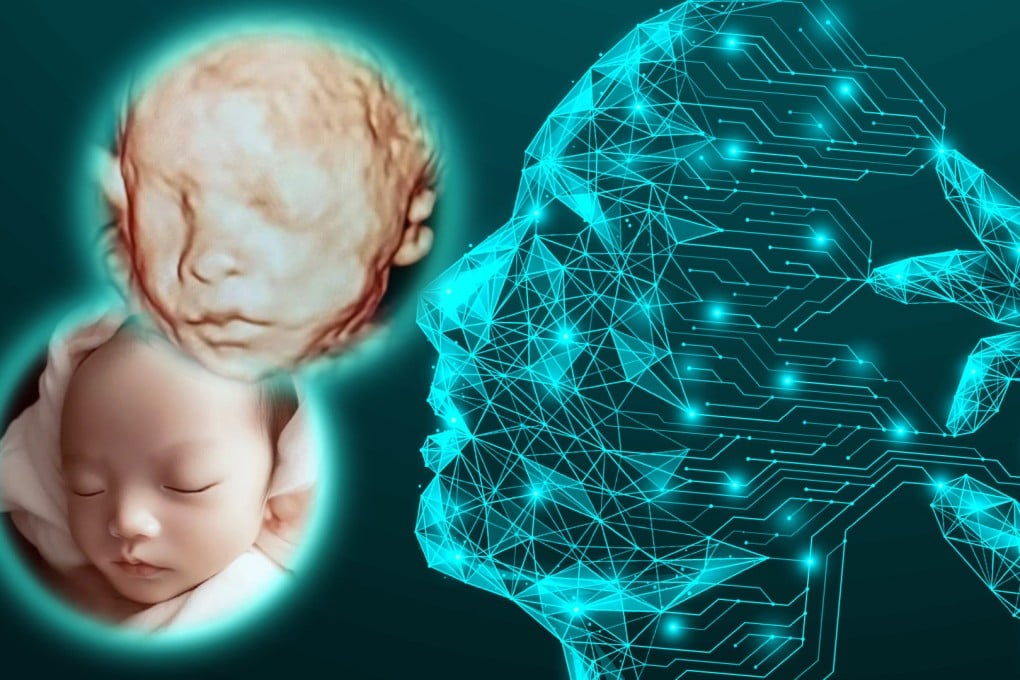China parents turn to affordable AI to predict what unborn babies will look like
- Critics say idea is flawed while providers on e-commerce platforms claim 80 to 90 per cent accuracy

A service that uses artificial intelligence (AI) to predict what an unborn baby’s face will look like has become popular among parents in China.
Advertised on e-commerce platforms, it claims it can “predict your baby’s future face from their four-dimensional ultrasound image”, and has attracted so much interest it has gone viral.
Tens of thousands of customers have paid for the service, which costs from about 10 yuan (US$1.4) to 30 yuan on China’s largest e-commerce platform Taobao, which belongs to Alibaba, owner of the South China Morning Post.
The providers claim they can use AI to generate a picture of a newborn baby’s face from one or more ultrasound images.
Also known as an anomaly or anatomy scan, ultrasound is usually done between 18 and 22 weeks of pregnancy to check the baby’s health. It is sometimes possible to identify its gender then as well.

Some parents also use the scan as an opportunity to see what their baby looks like.